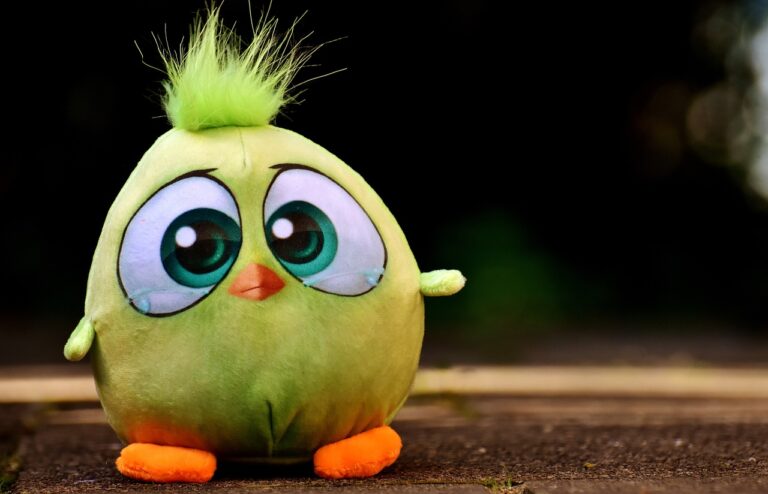The Future of Music Production and Internet of Things (IoT)
laser book 247 login password, lotus299, 11xplay pro:The future of music production is an exciting one, with the advent of Internet of Things (IoT) technology paving the way for new innovations and possibilities. IoT is the concept of connecting any device to the internet and to other connected devices, enabling them to communicate and share data. This interconnected network has the potential to revolutionize the way music is produced, distributed, and consumed.
With IoT technology, music producers can automate tasks that were once time-consuming and labor-intensive. For example, smart devices can be programmed to adjust lighting and temperature in a music studio to create the ideal working environment for creativity. IoT sensors can also monitor equipment performance and alert producers to any potential issues, reducing downtime and improving efficiency.
In addition to streamlining production processes, IoT can also enhance the creative possibilities for music producers. For instance, smart instruments and equipment can be programmed to respond to gestures and movements, allowing for new ways of interacting with sound and music. This opens up a world of possibilities for exploring different textures, tones, and dynamics in music production.
Furthermore, IoT can revolutionize the way music is distributed and consumed. With the rise of streaming services and smart speakers, music is more accessible than ever before. IoT technology can personalize music recommendations based on listening habits and preferences, creating a more tailored and immersive listening experience for audiences.
As IoT continues to evolve and become more integrated into music production, there are several key trends and developments to keep an eye on:
1. Smart Studios: IoT technology can transform traditional music studios into smart studios, equipped with connected devices and sensors that optimize workflow and enhance creativity.
2. Wearable Tech for Musicians: Wearable devices such as smart gloves or wristbands can enable musicians to control sound and effects in real-time, adding a new level of interactivity to live performances.
3. AI and Machine Learning: AI-powered tools can analyze music data and trends to help producers create hit songs and predict consumer preferences.
4. Virtual Reality (VR) and Augmented Reality (AR): VR and AR technologies can create immersive music experiences, allowing audiences to step inside a virtual concert or music video.
5. Blockchain and Cryptocurrency: Blockchain technology can revolutionize the way music royalties are tracked and distributed, ensuring fair compensation for artists and creators.
6. Sustainability and Green Technology: IoT can help music producers reduce their carbon footprint by optimizing energy usage and implementing eco-friendly practices in the studio.
In conclusion, IoT technology is set to revolutionize the music production industry, offering new opportunities for creativity, efficiency, and innovation. By embracing these trends and developments, music producers can stay ahead of the curve and take their craft to new heights.
FAQs
Q: How will IoT impact music copyright and intellectual property rights?
A: IoT technology can help track and protect music copyrights by securely storing ownership data on blockchain ledgers, ensuring fair compensation for artists and creators.
Q: Can IoT improve the live music experience for audiences?
A: Yes, IoT technology can enhance the live music experience by enabling interactive light and sound displays, personalized setlists, and real-time audience feedback.
Q: What are the challenges of integrating IoT into music production?
A: Challenges include data privacy and security concerns, compatibility issues with legacy equipment, and the need for adequate training and education on IoT technology.
Q: Will IoT replace human musicians and producers?
A: IoT technology is meant to enhance human creativity and productivity, rather than replace human musicians and producers. The human touch and artistic vision will always be essential in music production.







